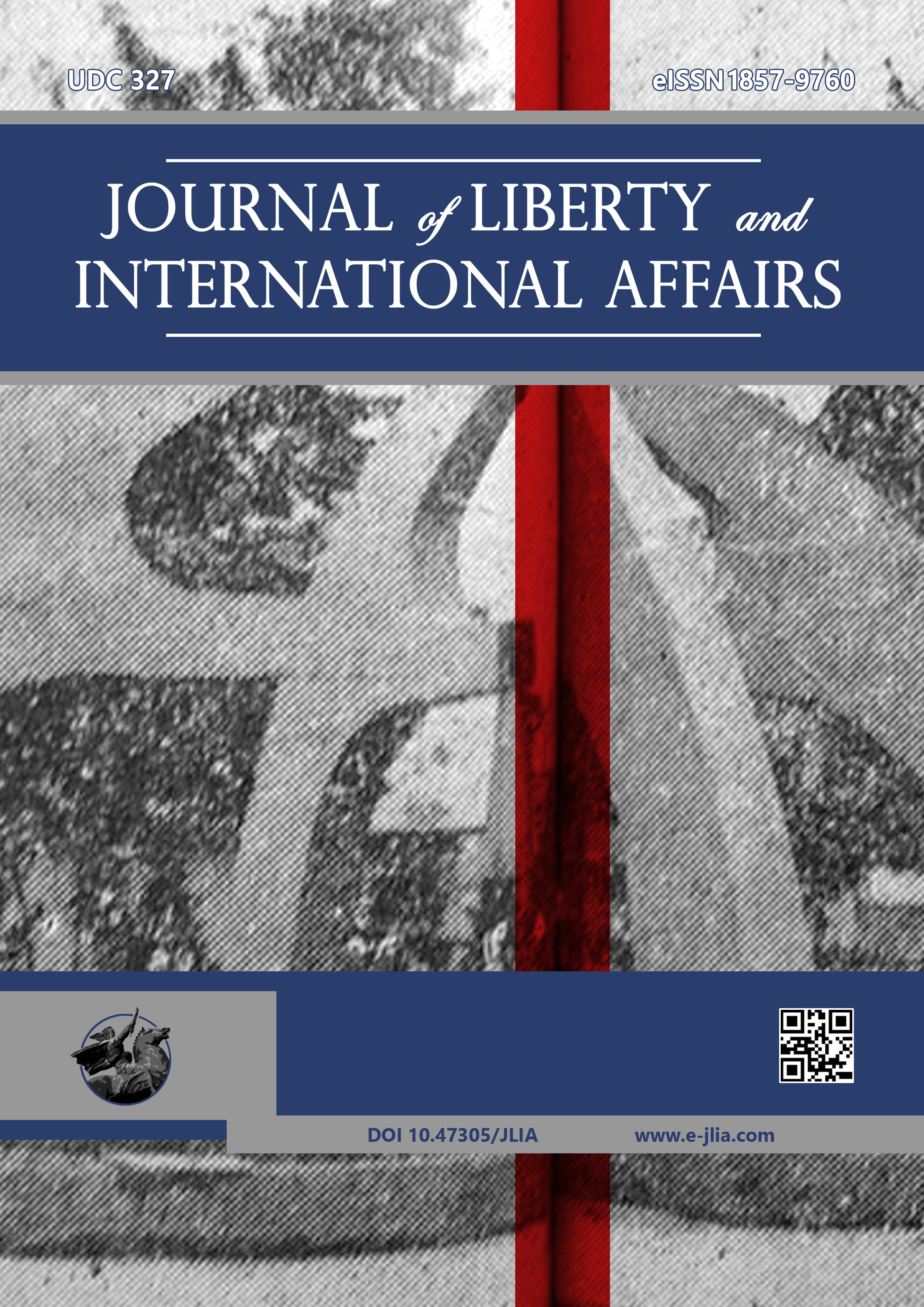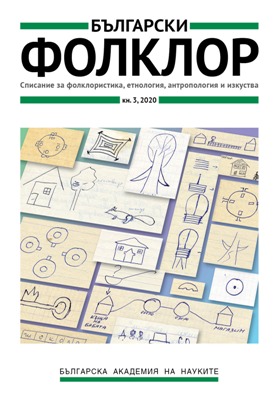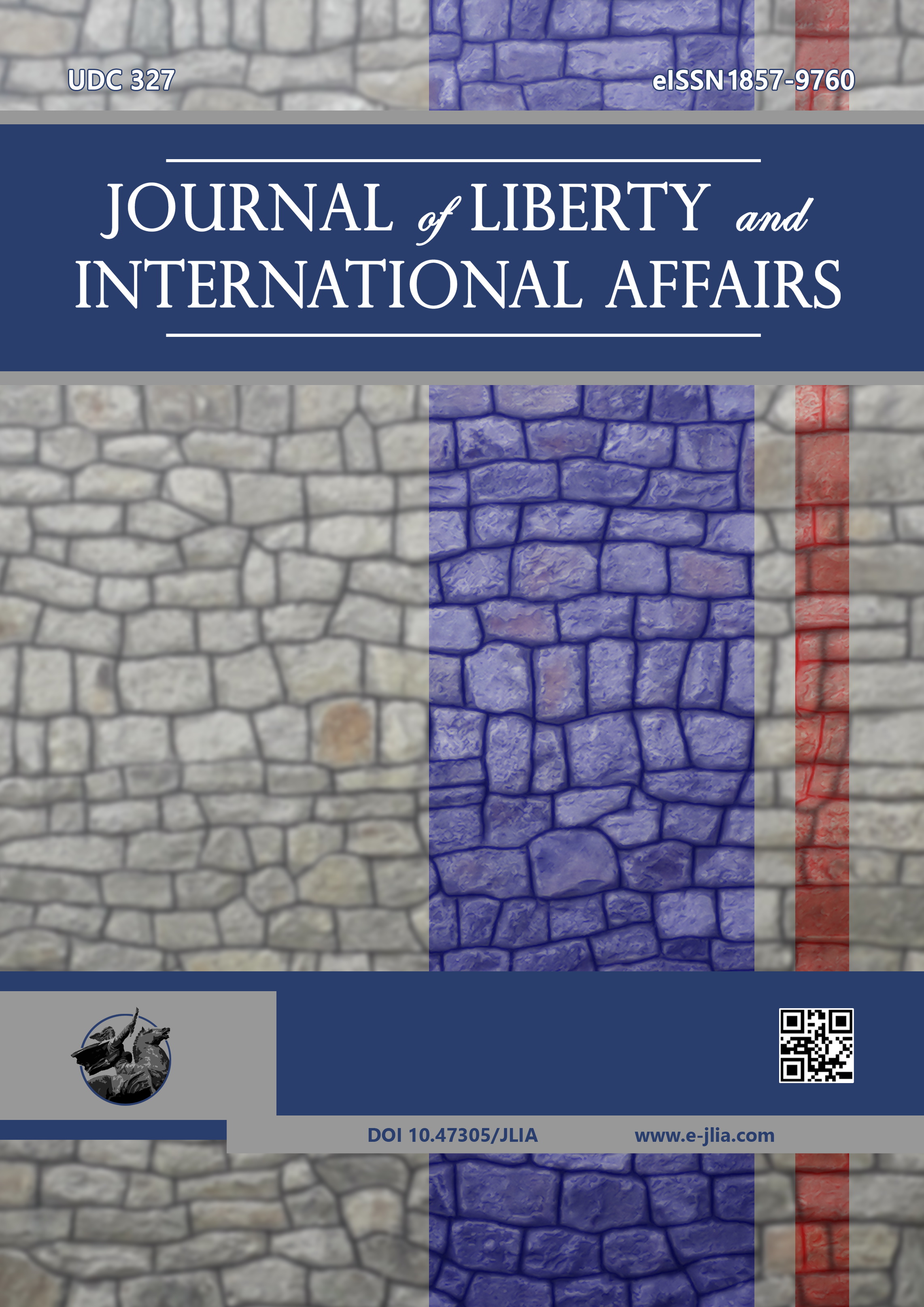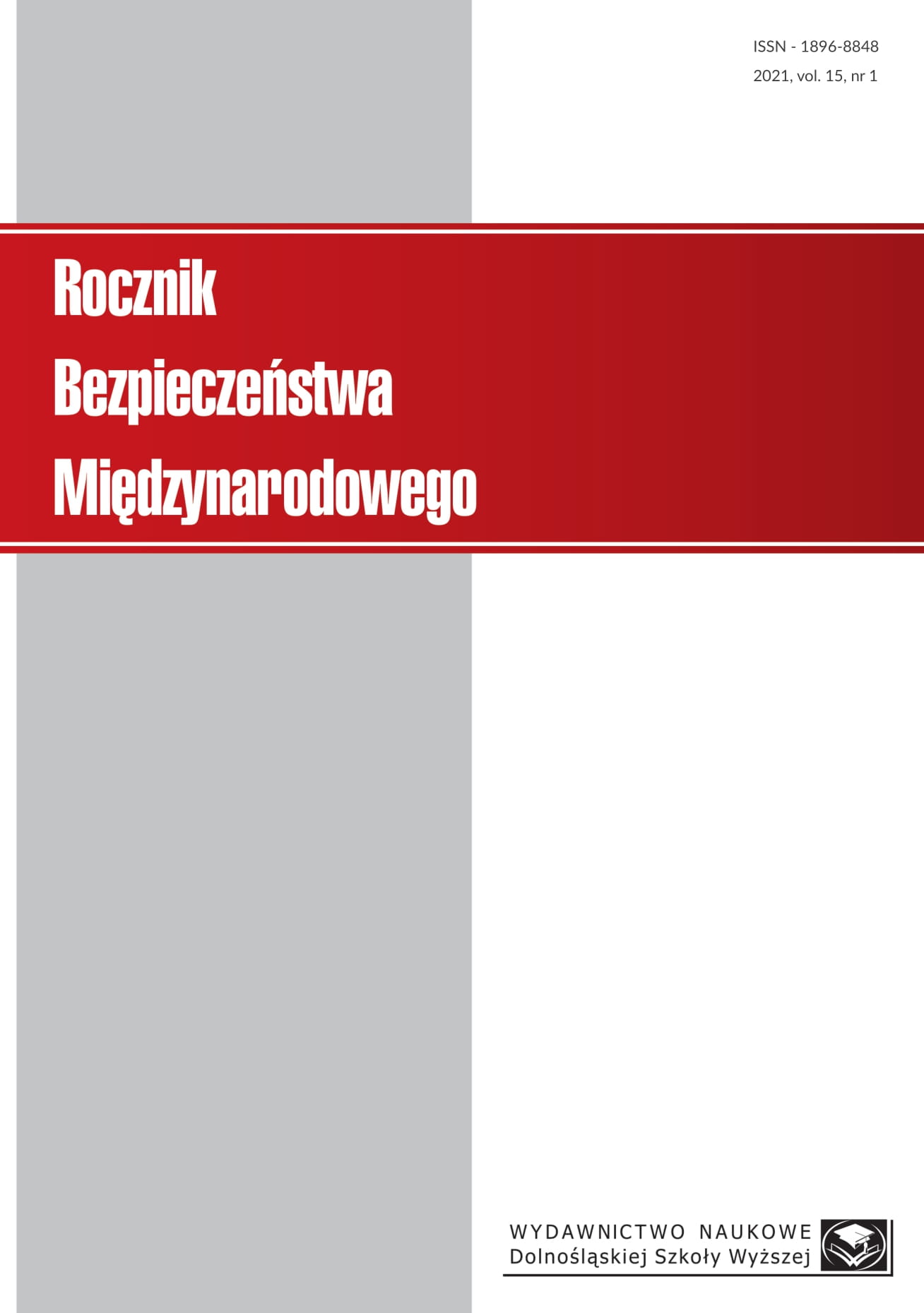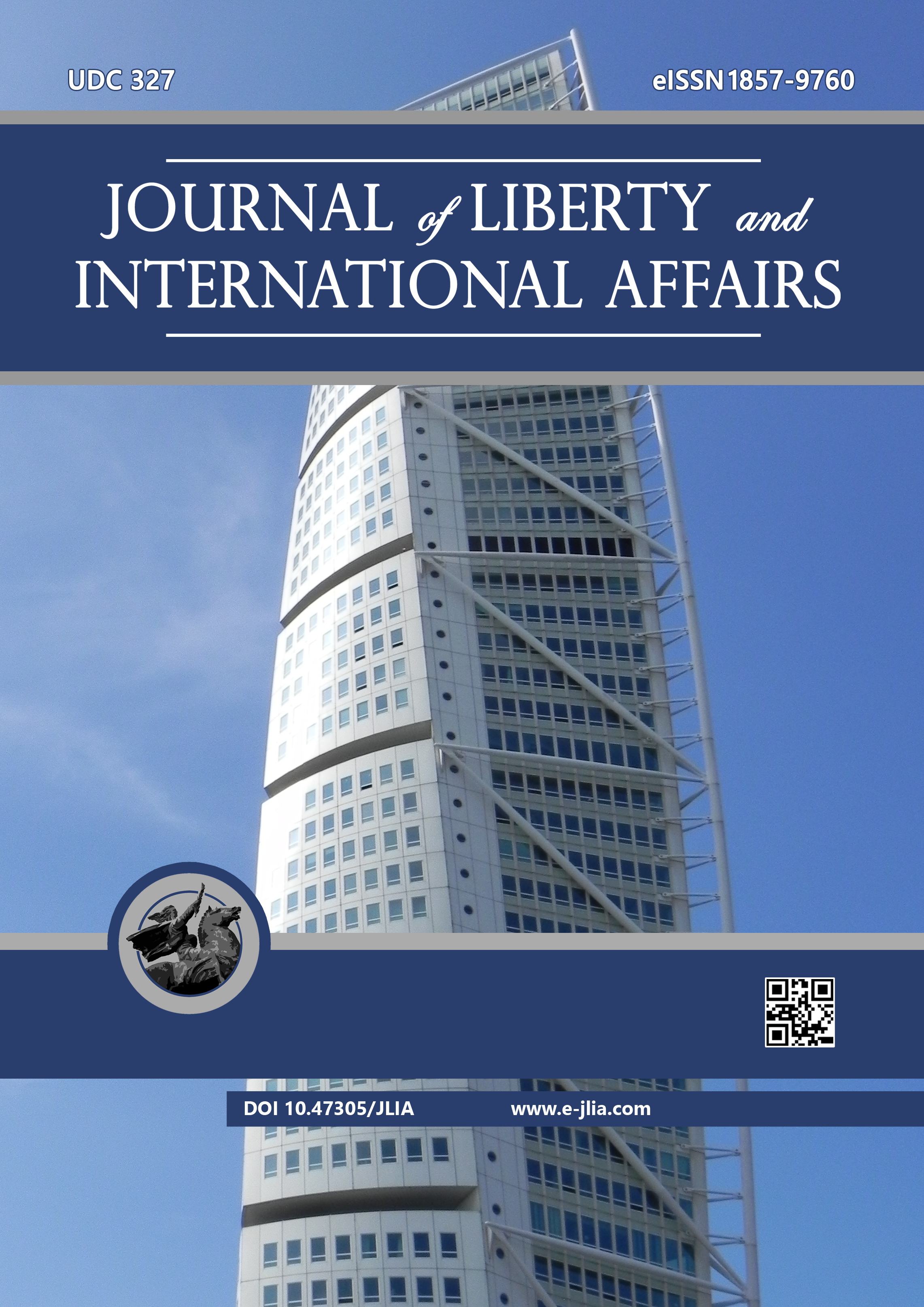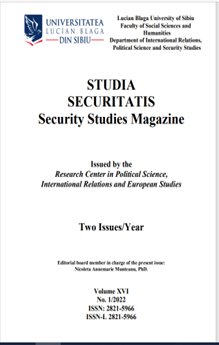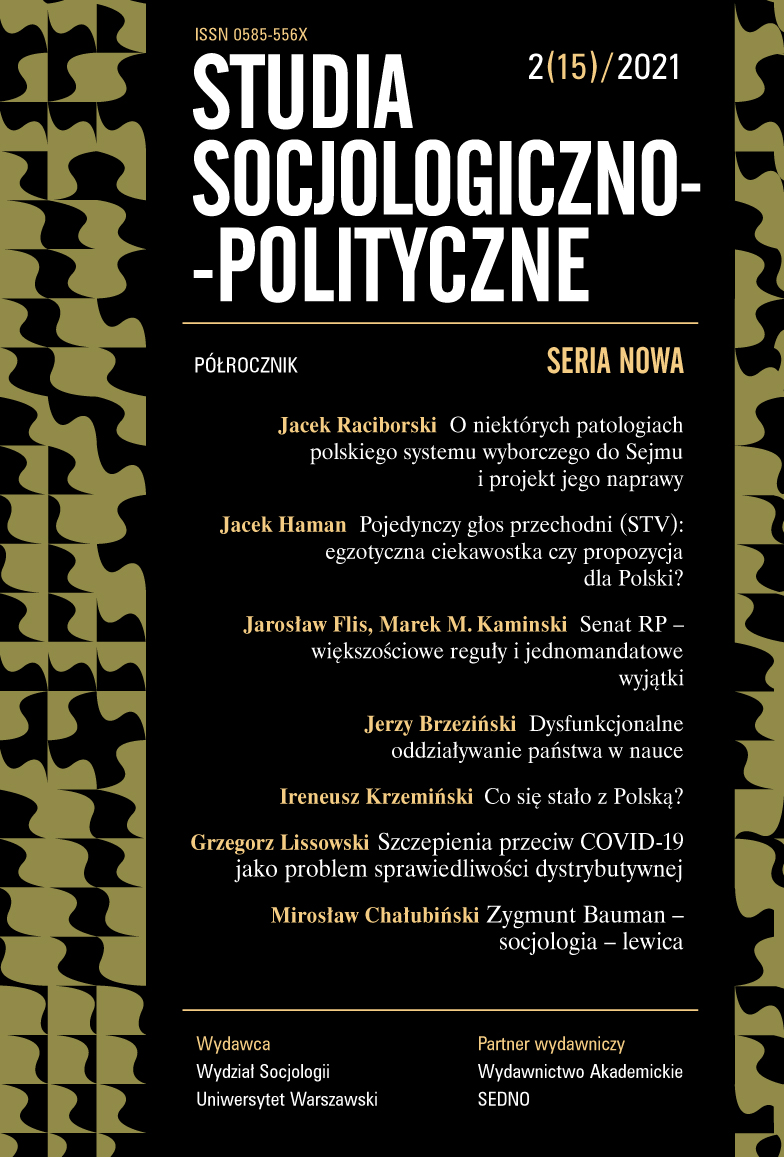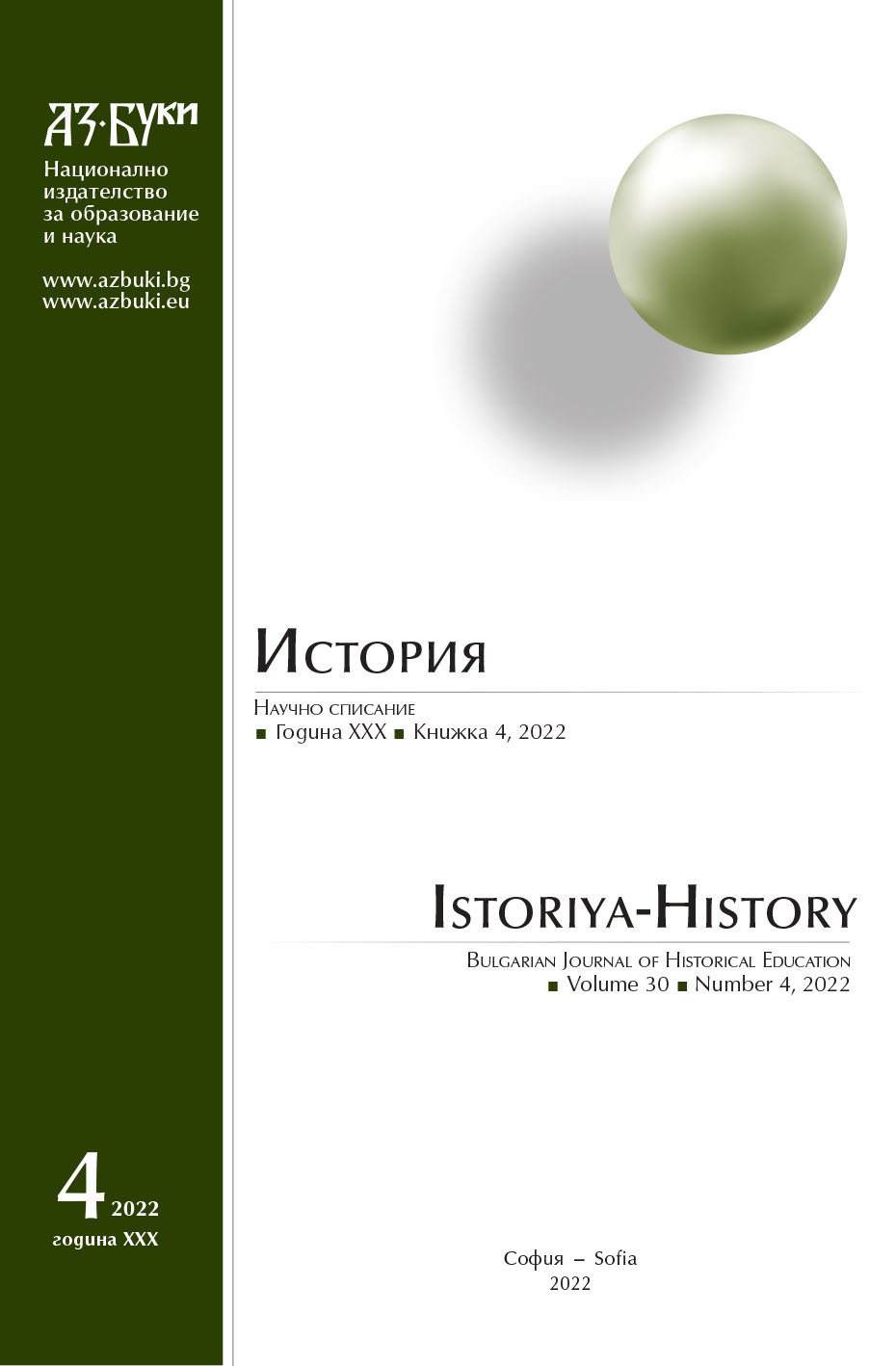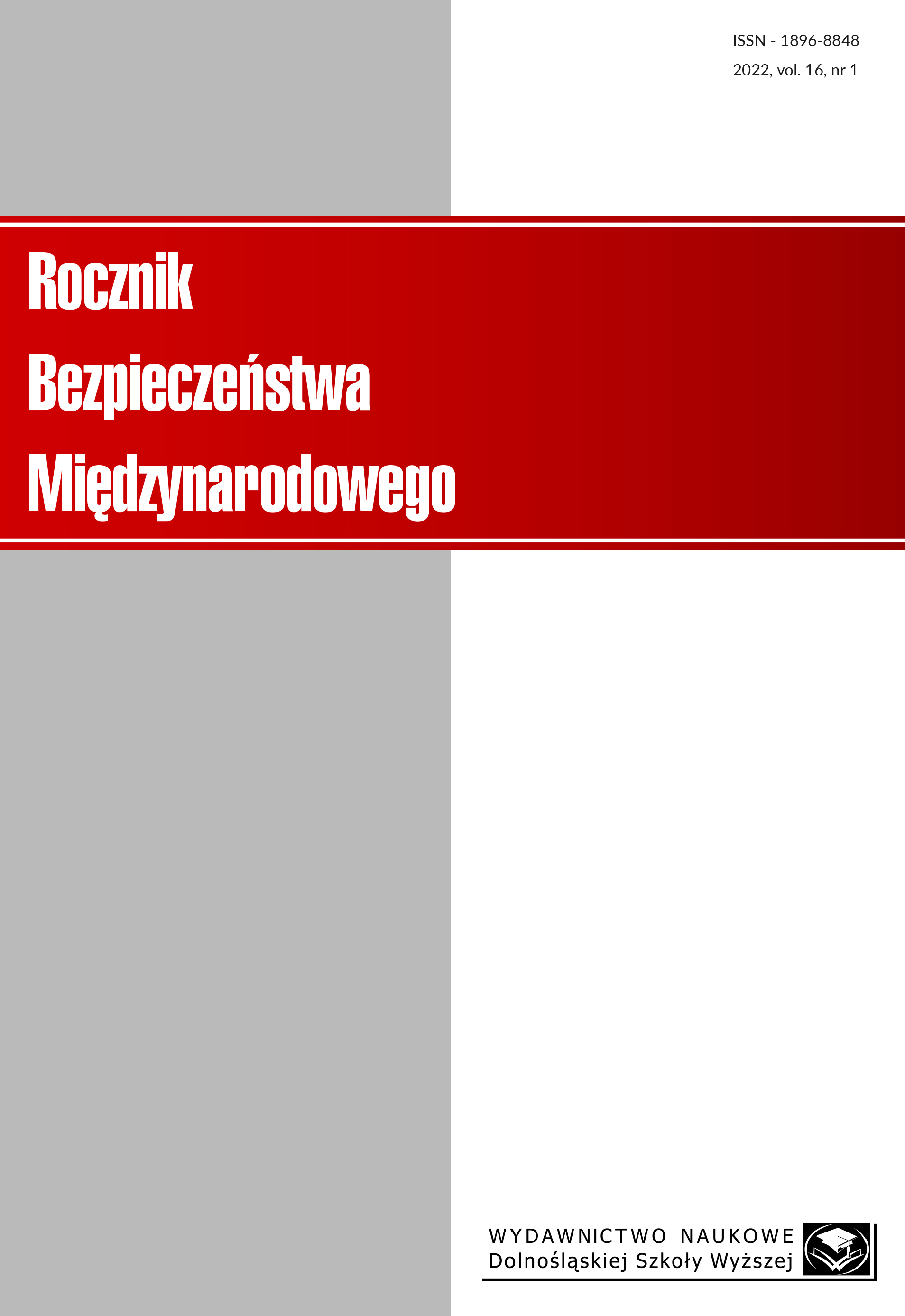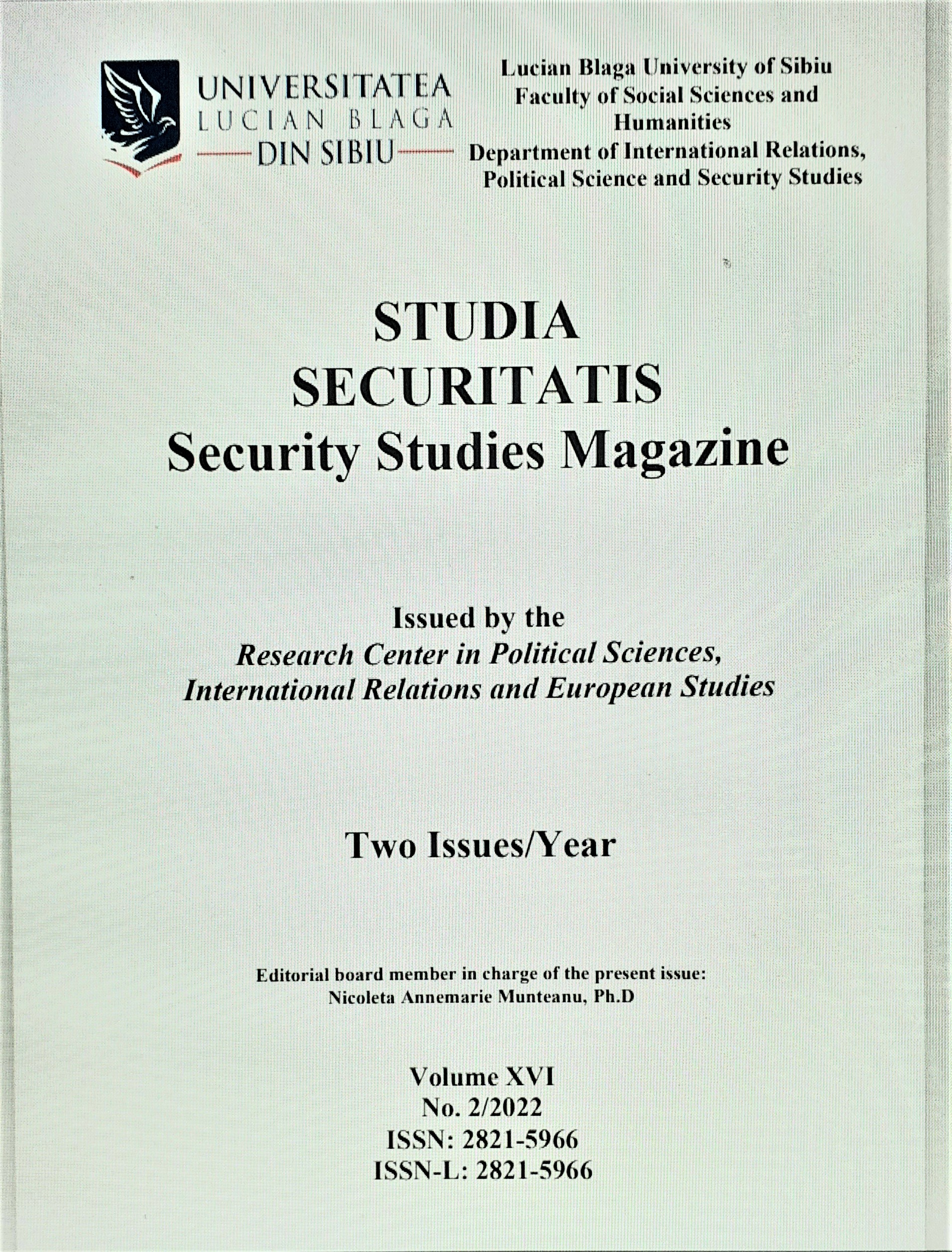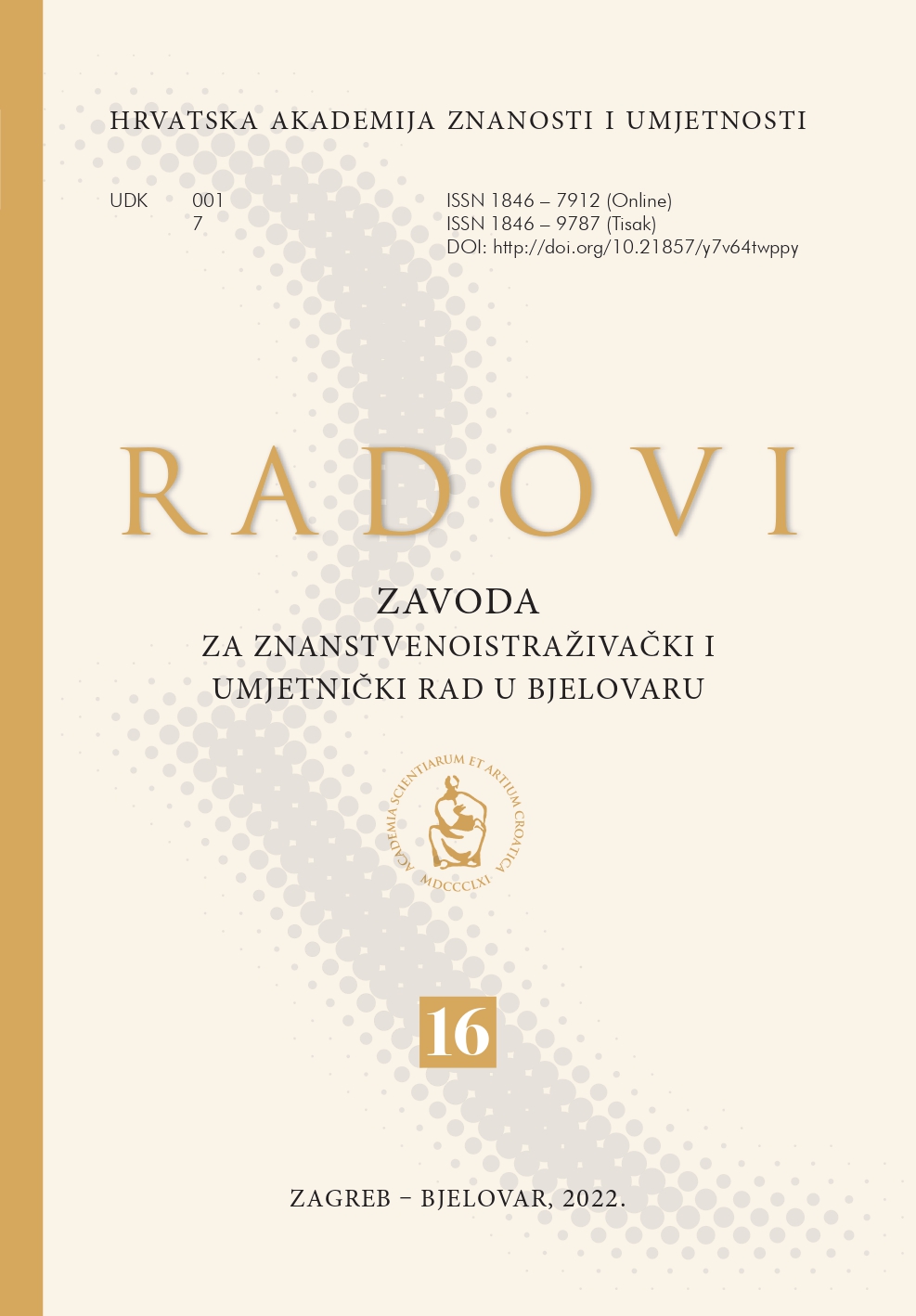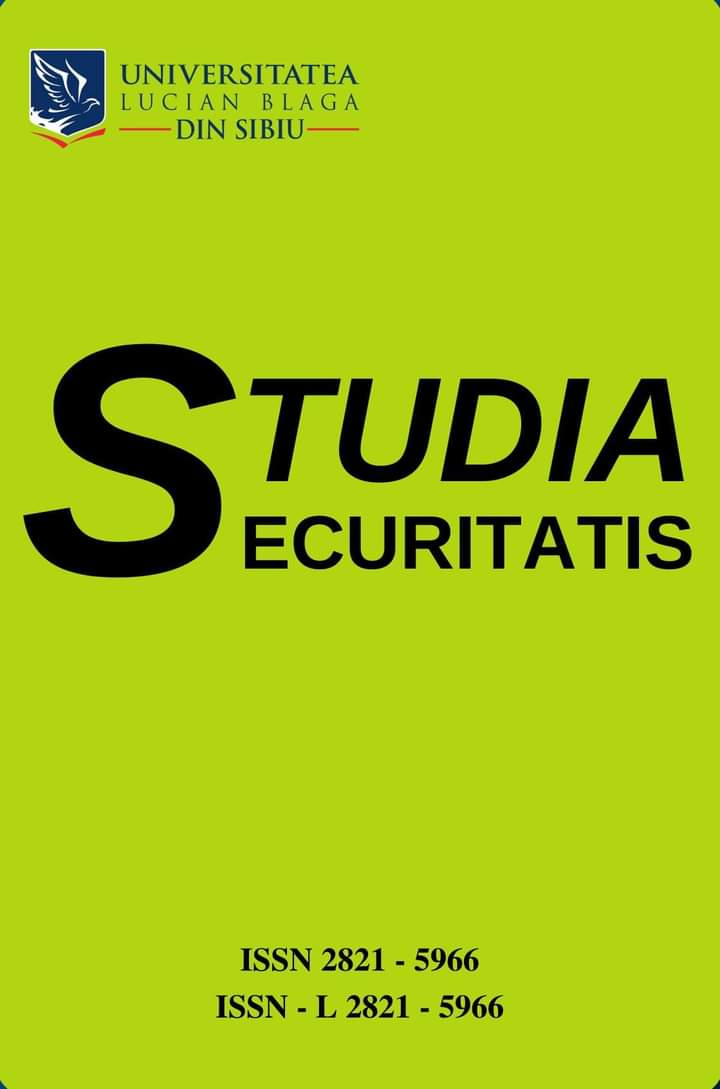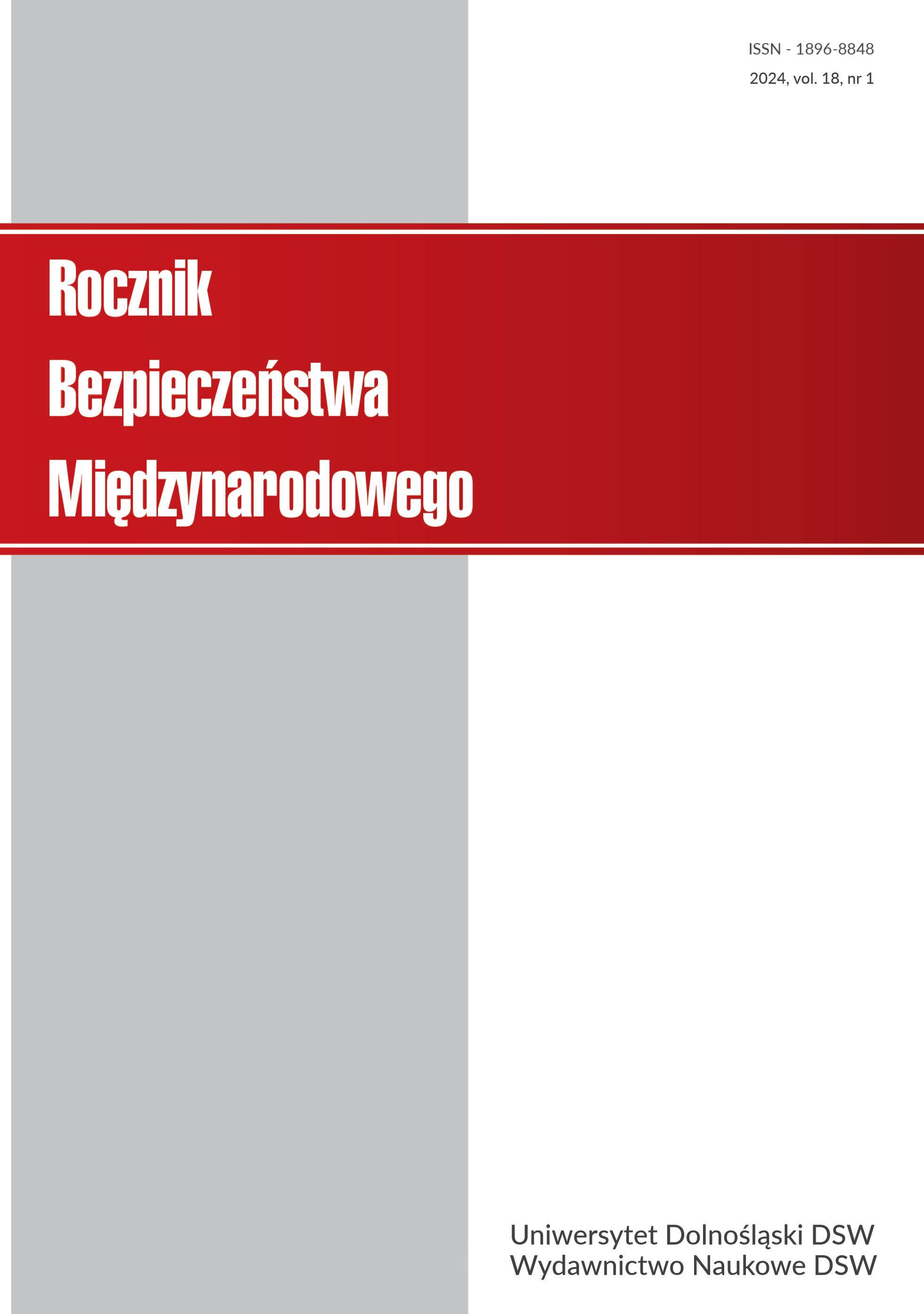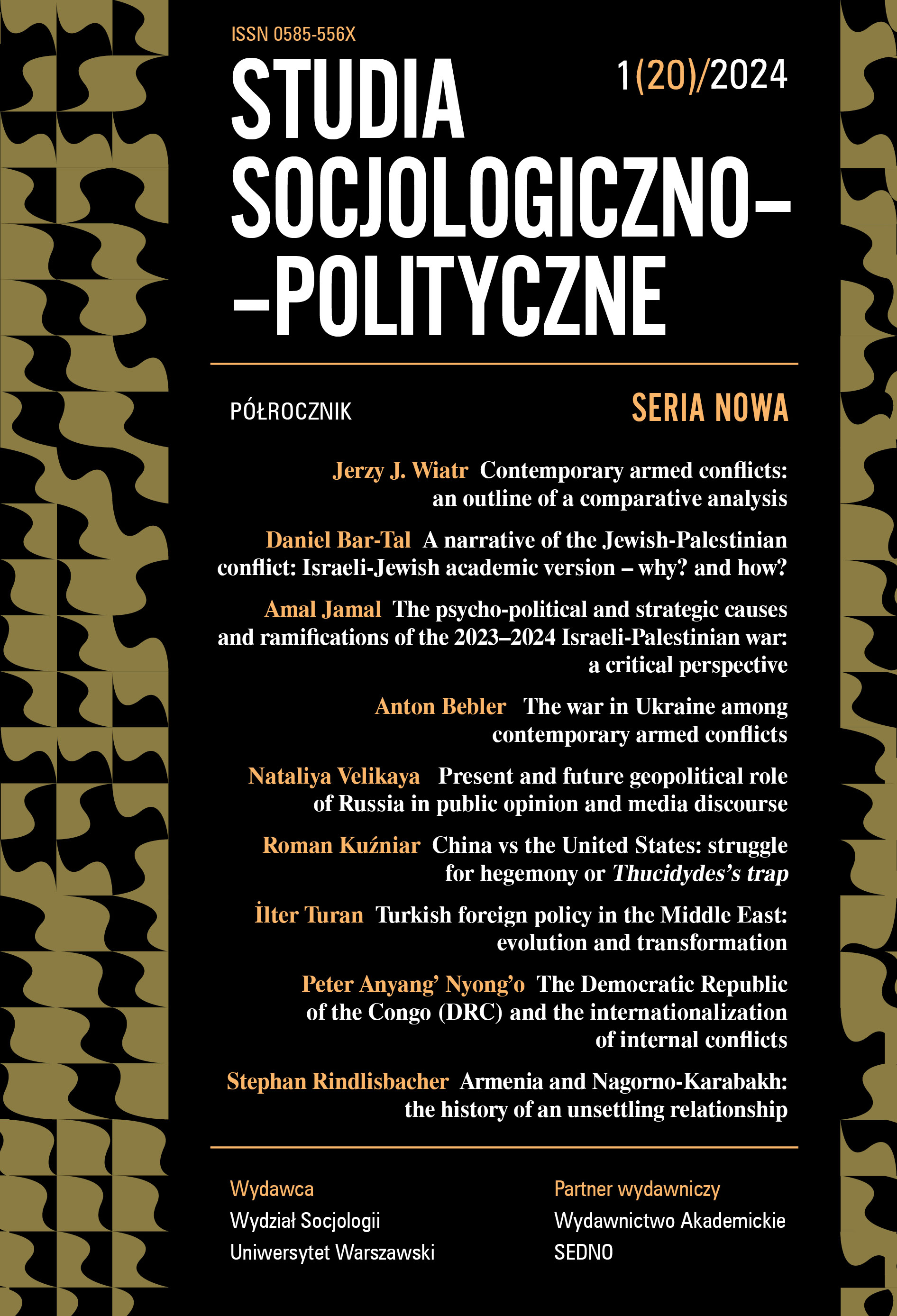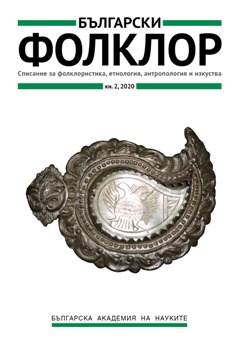
Гръцката политемигрантска общност в България (1956–1983) и политиките по опазване на културното наследство
The article is dedicated to the Greek refugees, political emigrants, who arrived in Bulgaria in the middle of the twentieth century because of the Civil War in Greece (1946–1949). The author studies the reasons for the formation of the new community of people of Greek origin and the organizational structures that this community established with the cooperation of the Bulgarian state. Attention is drawn to the characteristic features and peculiarities of the community and the ways in which they influence its development. The focus is on the approaches for preservation and transmission of cultural tradition. The study also dwells on the development of specific set of regulations that allowed the development of amateur art among the Greeks in Bulgaria by the foundation of an educational structure and a network of clubs in the country. These activities are presented in relation with the cultural policies of the Bulgarian socialist state.
More...
